Fish Feed in Ghana: The Importance of Right Feed for Your Fish
>>Click here to browse our animal feeds and buy online<<
Fish Feed in Ghana: The Importance of Right Feed for Your Fish
When you think of fish feed, images of blue pellets filled with spirulina or algae probably spring to mind. This is because most people consider fish food as consisting solely of these pellets. But in reality, fish feed is far more complex than that! The type and quantity of feed given to your fish has a significant bearing on the quantity and quality of their output. The right feed can help your fish grow faster and stronger, while the wrong feed can cause irreparable damage to their health. Read on to find out more about the different types of fish feed, and how you can choose the best one for your specific needs.
What is fish feed?
Fish feed is the food given to fish in order to meet their nutritional requirements. Feed is typically made from fishmeal, other aquatic plant proteins, soybean meal, or other land-based ingredients. Feed may also include additives such as vitamins, minerals, antibiotics, and flavour enhancers. Fish feed may also be given to other aquatic organisms such as crustaceans, molluscs, and other aquaculture species. Fish feed is often used synonymously with fish feed pellets, which are solid granules or small pieces of feed that are often fed to fish in an aquaculture feed mill.
How does fish feed work?
Fish feed is a mixture of different ingredients that provide your fish with the energy, protein, vitamins, and minerals they need to survive. The ingredients are mixed together, then either extruded into pellets, chopped up into granules, or formed into a paste to make them easier for your fish to eat. Fish are omnivores, meaning that they can survive with a balanced diet from both plants and animals. Feed is thus designed to supply your fish with a mix of proteins, carbohydrates, vitamins, and minerals from both land-based and aquatic sources. Fish feed is made from three main sources: The ingredients are then mixed together to form a complete and balanced feed. This feed is then either extruded, chopped, or formed into a paste to make it easier for your fish to consume.
The different types of fish feed
The type of feed you select for your fish will depend on the phase during which you are feeding them, as well as the species of fish you are raising. Here are a few examples of the most popular types of fish feed: – Grow-out feed: Fish feed for the grow-out phase is designed to help your fish grow quickly and efficiently. It should contain a high amount of protein and balanced amounts of vitamins and minerals to boost your fish’s growth, strength, and immunity. Fish feed for the grow-out phase generally consists of soybean, shrimp meal, corn gluten meal, and other vegetable proteins. – Feed for breeding fish: If you are breeding fish, you will need to feed them a completely different diet to what they would normally eat. This is because breeding fish need a higher amount of proteins, vitamins, and minerals in their diet to ensure proper development of their fry. Fish feed for breeding should be high in proteins and vitamins, but low in minerals and carbohydrates.
Fish Feed for Grow-out Phase
If you are raising fish for meat, then you will be feeding them a high-protein and low-carbohydrate diet during the grow-out phase. This diet helps your fish build up strength and muscle quickly, which results in a fatter, more nutritious meat. Foods that contain a high amount of protein include soybean meal, corn gluten meal, and fish meal. You should avoid feeding your fish with a high amount of carbohydrates, as this can negatively affect their growth. Fish meal is an excellent source of proteins, vitamins, and minerals that can be used to make high-quality feed for your fish. It is commonly used in the feed mix for carnivorous fish species such as salmon, trout, and catfish.
Fish Feed for Breeding Phase
If you are breeding fish, then you will need to change the types of nutrition they receive. Breeding fish should be fed a high amount of proteins, vitamins, and minerals, but low in carbohydrates. Feed for breeding fish should contain high amounts of amino acids, vitamins, minerals, and fatty acids, which provide the energy and nutrients necessary for breeding fish to survive. Fish feed for breeding can be made from different vegetable proteins, but it is often supplemented with fish meal or other aquatic proteins as well. Breeding fish also require additional amounts of certain minerals in their diet, such as calcium, magnesium, and potassium.
Conclusion
Fish feed is what keeps your aquatic livestock fed and healthy, so choosing the right feed is essential. The type of feed you select will depend on the type of fish you are raising and the phase during which you are feeding them. Fish feed is a mixture of different ingredients that provide your fish with the energy, proteins, vitamins, and minerals they need to survive. The ingredients are mixed together, then either extruded into pellets, chopped into granules, or formed into a paste in order to make them easier for your fish to eat. Fish feed is made from three main sources: aquatic proteins, land-based proteins, and carbohydrates. The ingredients are then mixed together to form a complete and balanced feed. This feed is then either extruded, chopped, or formed into a paste to make it easier for your fish to consume.


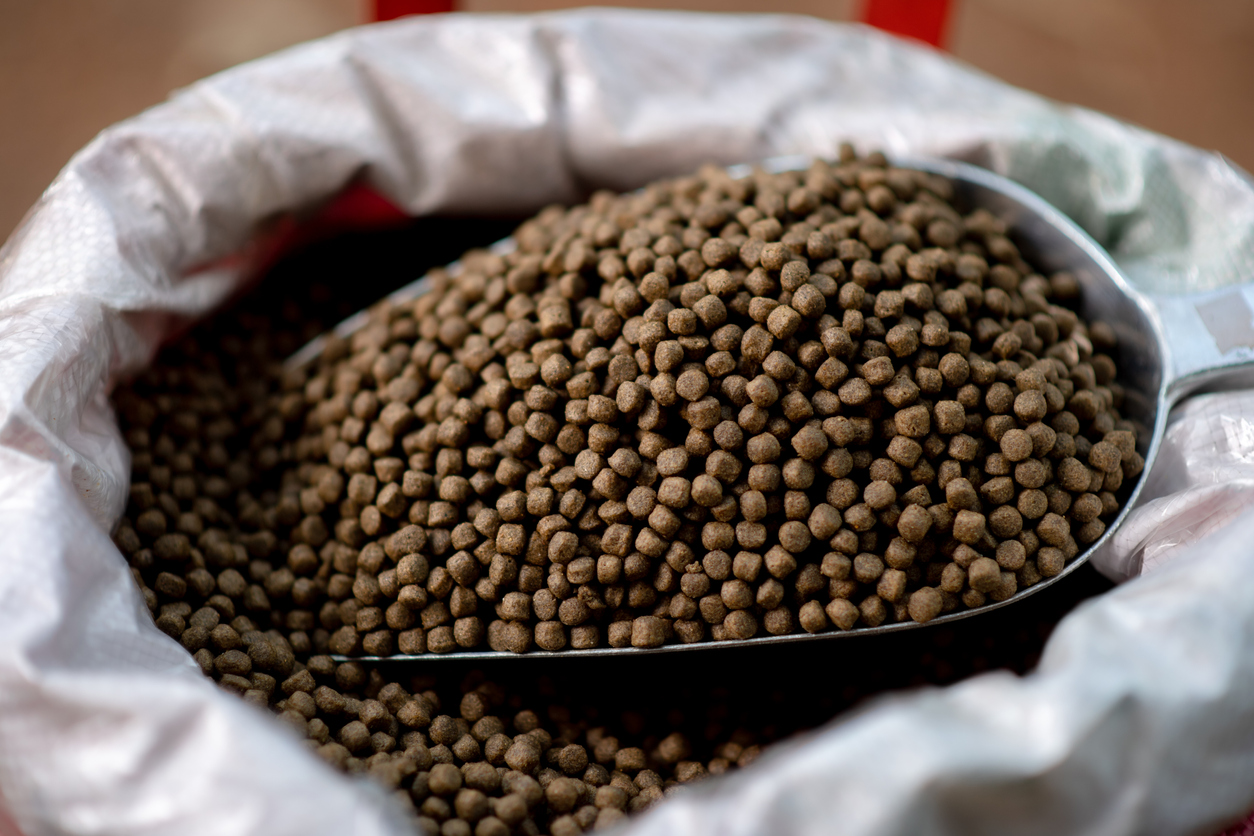
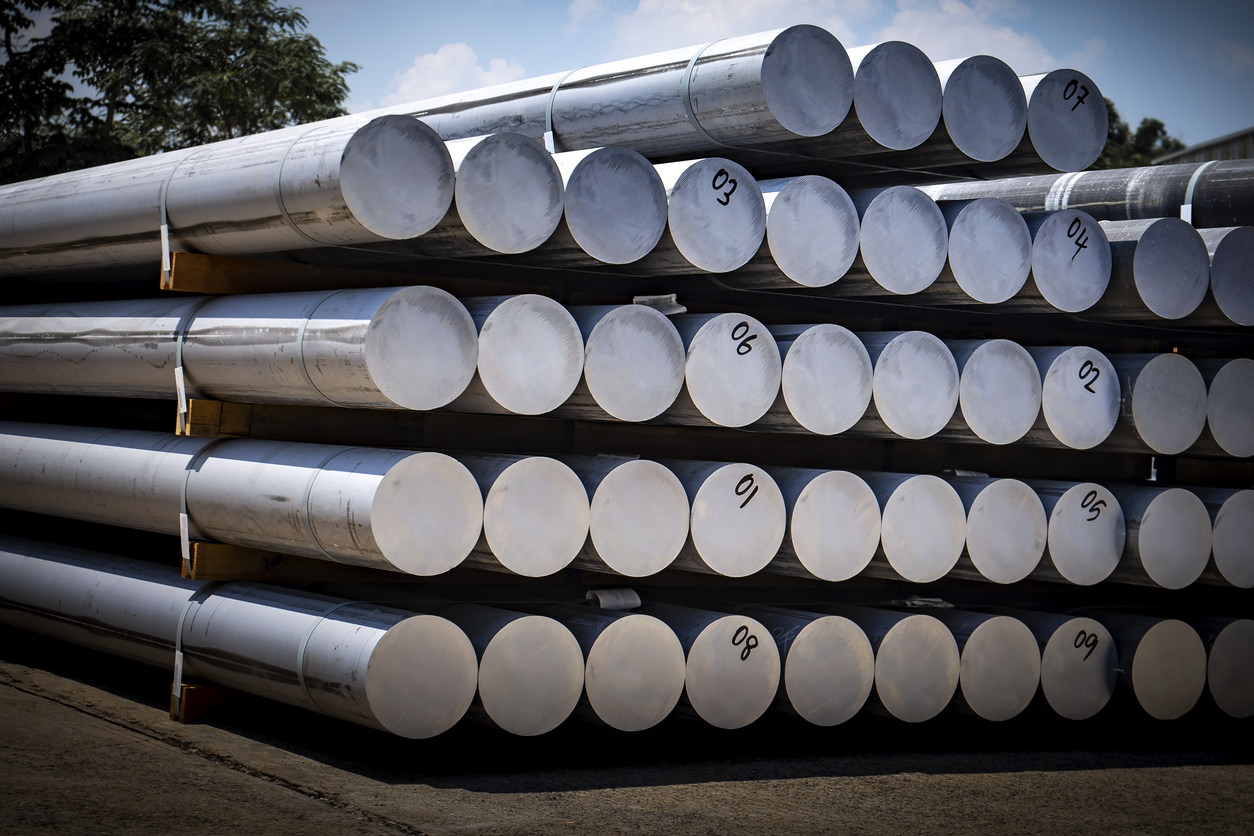

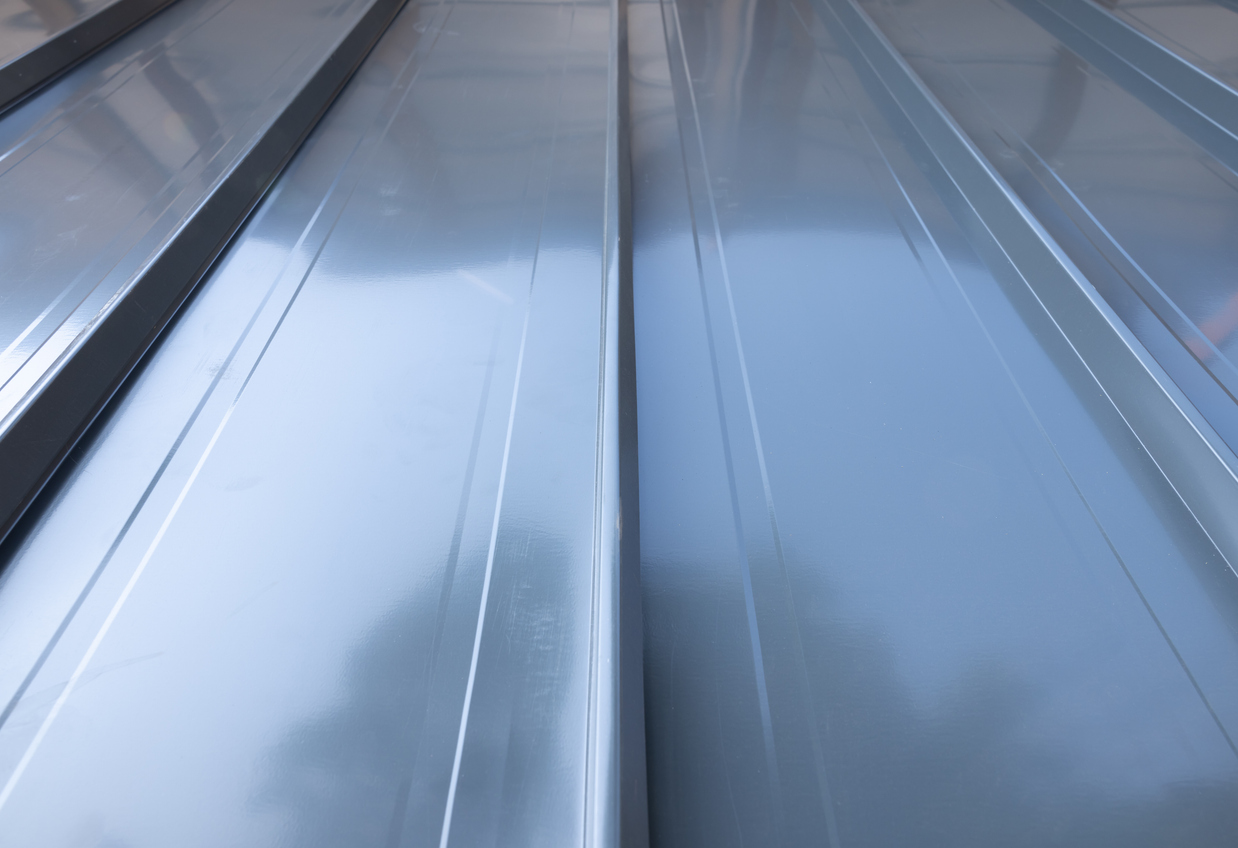
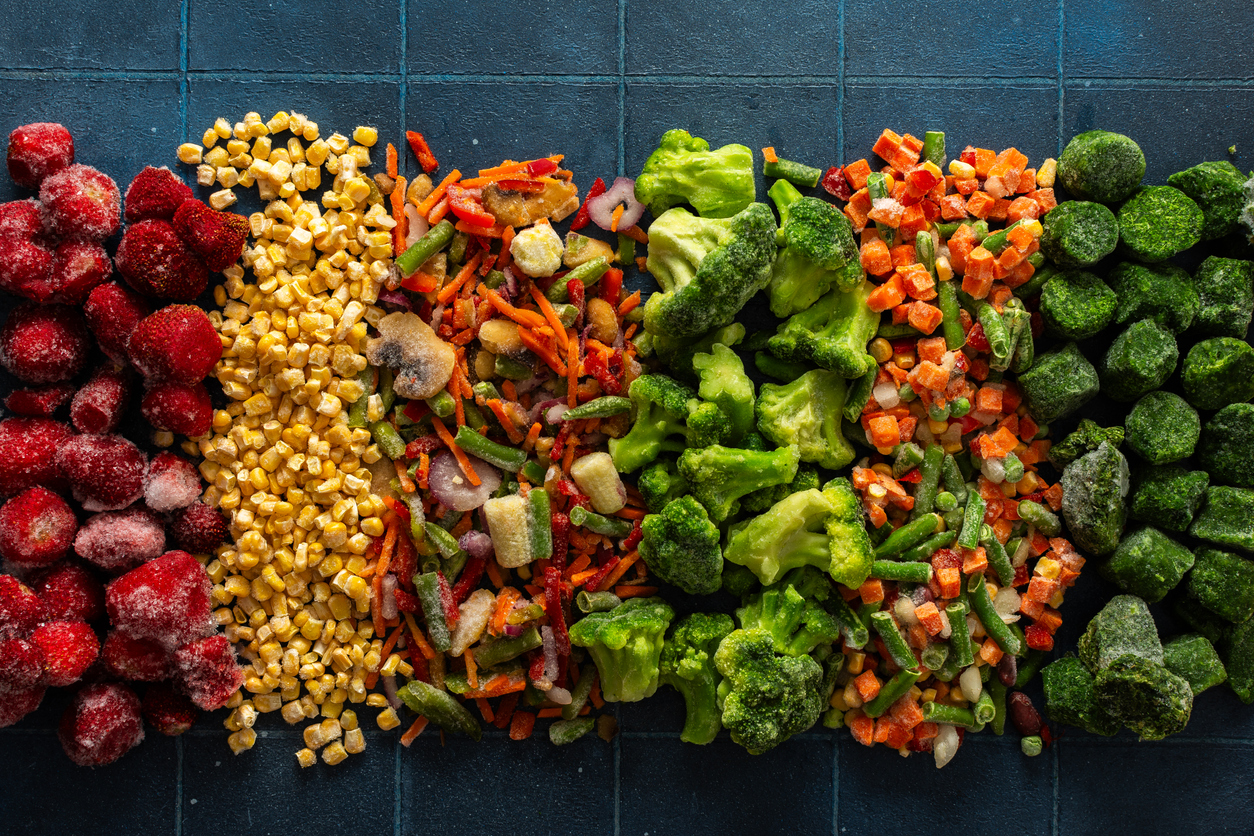
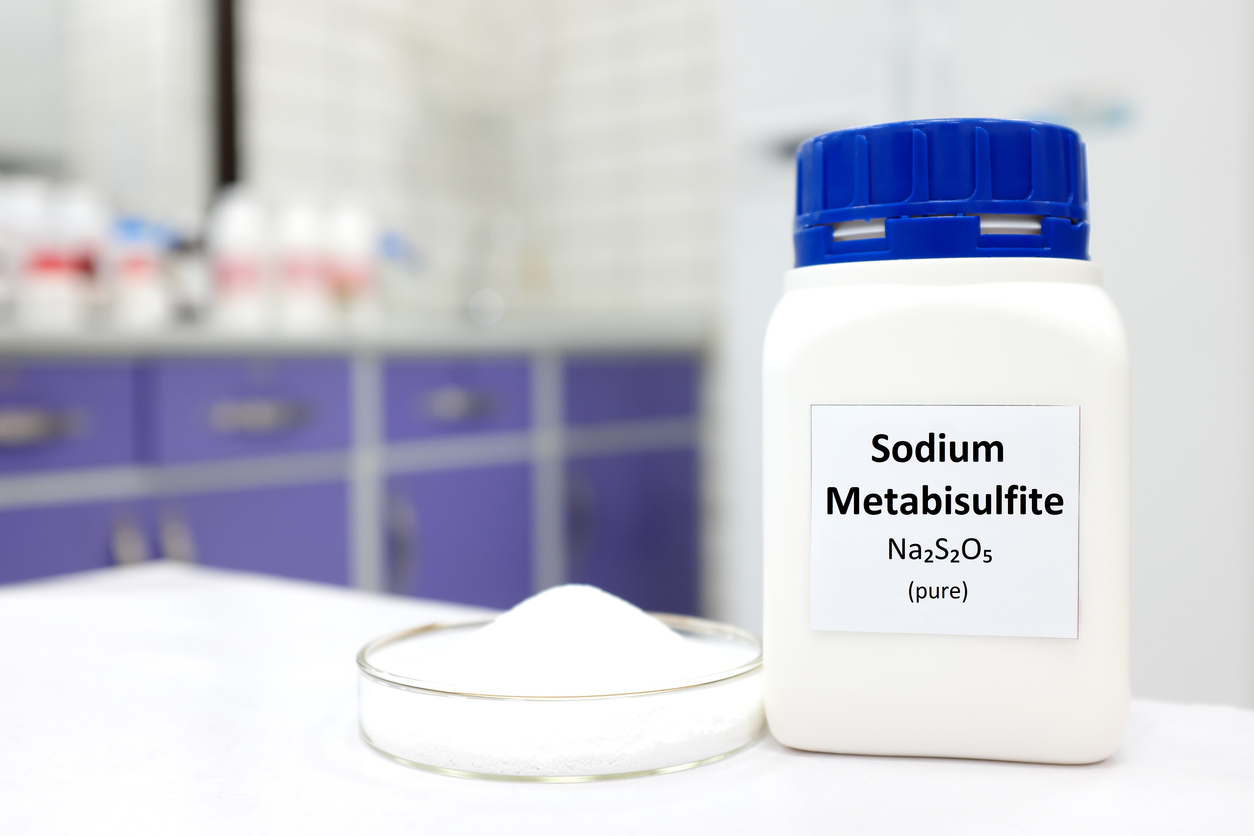
LEAVE A COMMENT
You must be logged in to post a comment.